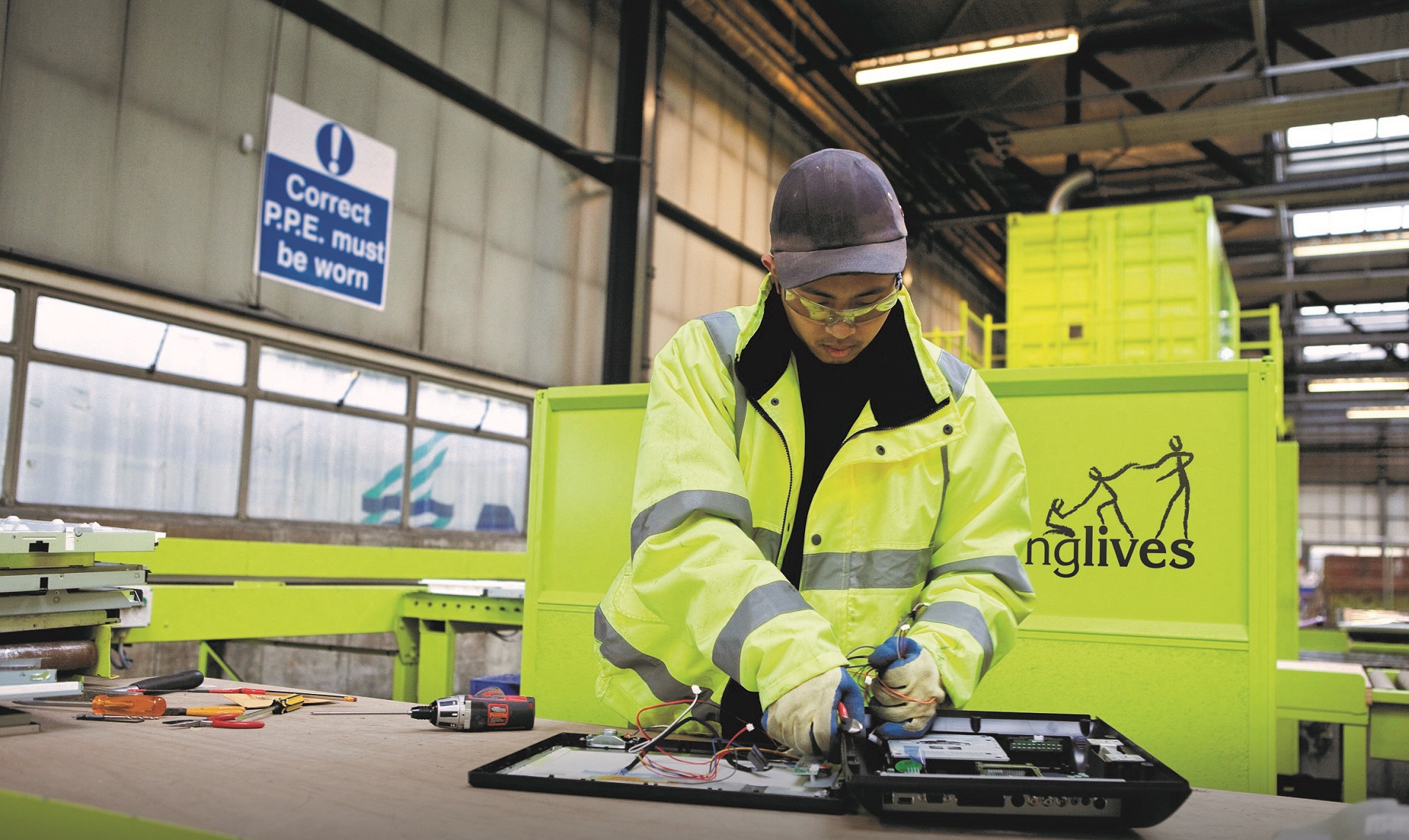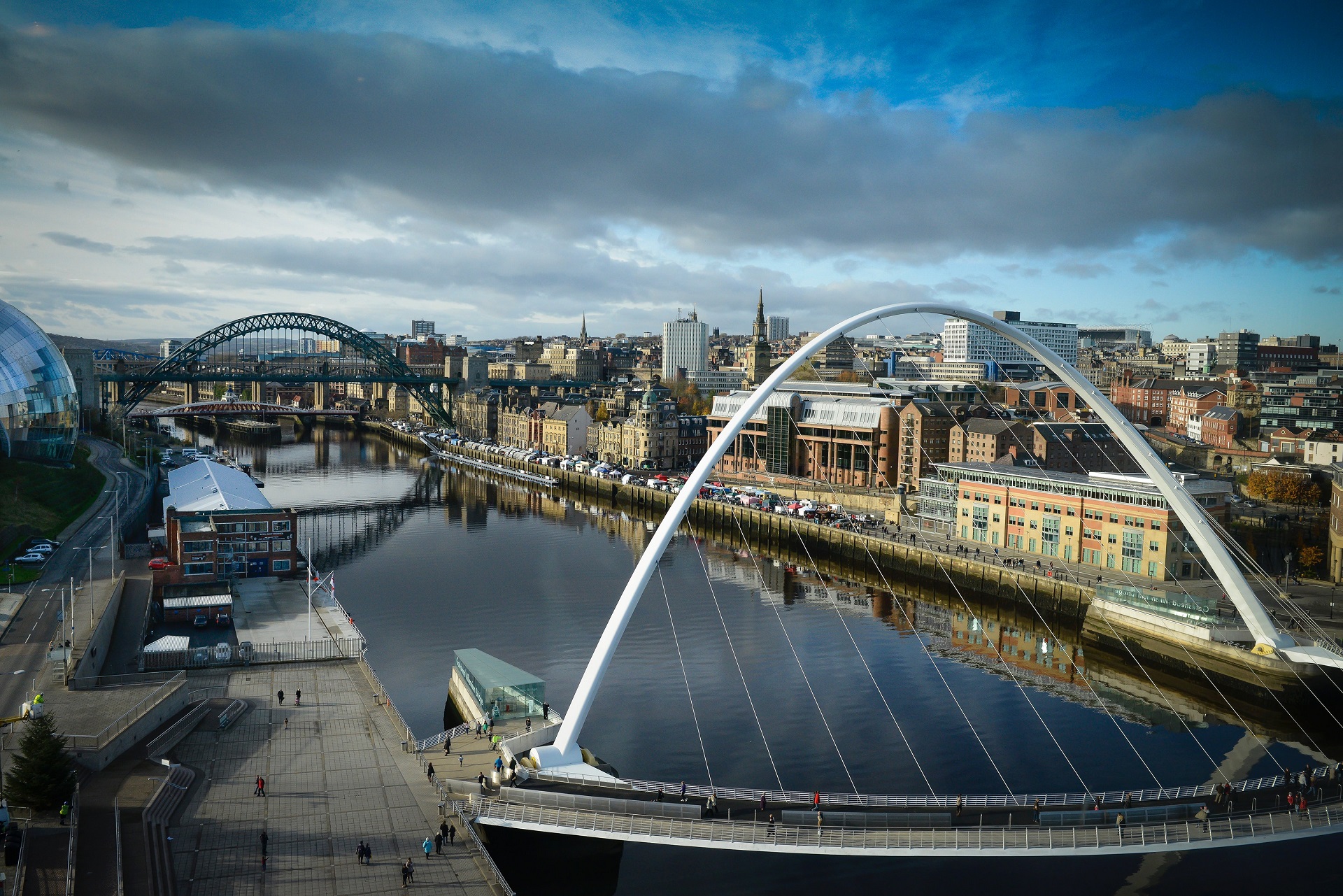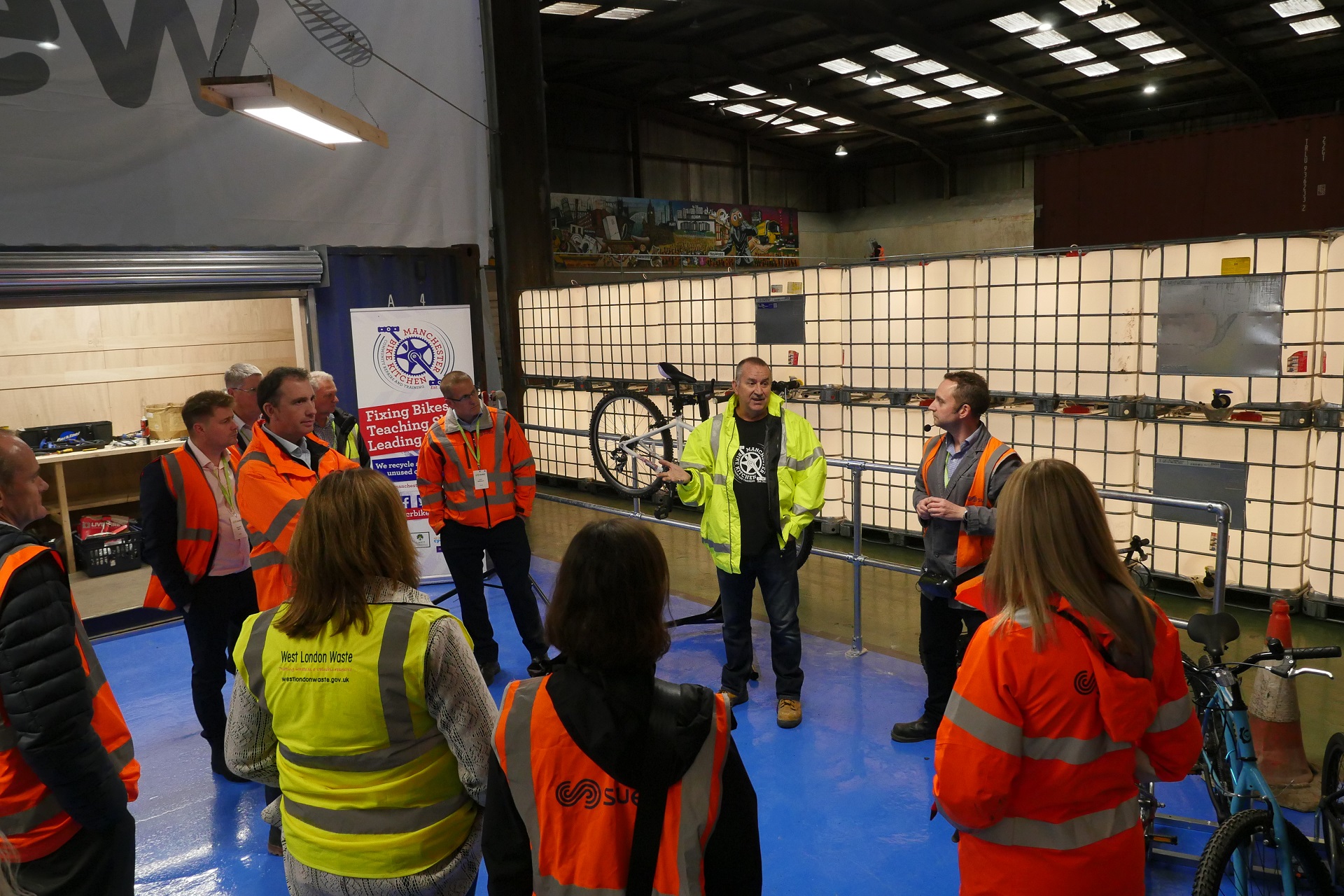
News
Introducing Social Procurement Connect
Launching in January 2023, Social Procurement Connect is a new initiative from Social Enterprise UK (SEUK) created to support organisations add social value and impact into their supply chains. Building on the successes of SEUK’s Buy Social Corporate Challenge, which has directed over £250 million towards social enterprise suppliers, Social Procurement Connect will take our social procurement experience and expertise to a broader community of organisations. It will be a digital service to guide and support organisations who want to improve their purchasing and buy from social enterprises centred around an online resource hub which will contain best practice learnings, and tools developed by SEUK. Social Procurement Connect is open to any organisation interested in bringing social enterprises into their supply chain from social enterprises themselves to private and public sector organisations. Through joining Social Procurement Connect participating organisations will benefit from: Tips for creating and implementing an organisational social procurement initiativeExpert insights on social enterprise suppliersA review of your supply chain and the opportunities it presents to bring in social enterprise and social value.An online peer community of leading social procurement practitioners and fellow early adoptersTools for better understanding your organisation’s impact through its supply chain Introductory webinar We will be hosting an introductory webinar to introduce Social Procurement Connect and social sourcing on 19 January 2023 from 10-11 am. You can register for the free webinar here.
1 min






